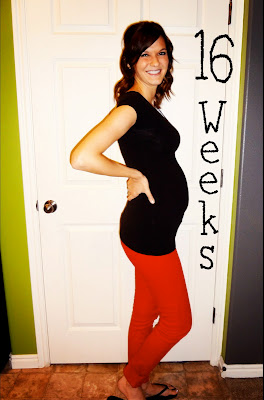Each year, more than 500,000 first-time moms-to-be across the United States deliver babies with potentially avoidable complications such as preterm birth, low birth weight, and preeclampsia. Unfortunately for some moms, many of these risks go undetected until the last possible minute, often too late to prevent.
In May, 2011, Intermountain Healthcare partnered with University of Utah Health Care to study women who are pregnant for the first time, in hopes of better understanding why some of these outcomes occur during some first time pregnancies.
Approximately 40 percent of pregnant women in the U.S. are women who have never given birth. As a group, they sometimes have complications with their pregnancy, but there is no information from a previous pregnancy to identify who might have a problem. The goal is to learn more about unknown complication risks to perhaps prevent them in the future.
Shortly after announcing my pregnancy to family and friends, I heard about this study and became very interested. I called IHC for more info and was informed that I would be a perfect candidate for the study. At no cost to me (and compensation at the end) I couldn't resist this great opportunity. The study involves 3 visits to the Maternal Fetal Medicine clinic at UVRMC over the course of my pregnancy. At these visits, they will collect blood, urine and vaginal fluid samples. I will participate in interviews and questionnaires and they will do an ultrasound at each visit.
My first visit was a couple of weeks ago when I was 12 weeks pregnant. These ultrasounds, that most of you have already seen, are from that visit:
(There were a total of about 6 pictures, but these two were the best)
My next visit will be at the end of the month, when I am 16 weeks along. Jace and I are SO excited for that appointment, they will be able to tell the gender of our baby at that time!
I then will go in for my last visit sometime between 22-29 weeks and the final steps of the study will include amniotic fluid and placenta samples at the time of delivery.
I feel great about being a part of this study, not only to help myself with my future pregnancies, but to also help other women who may benefit from my research.
If you'd like to learn more about the NuMoM2B program, go
HERE.



























